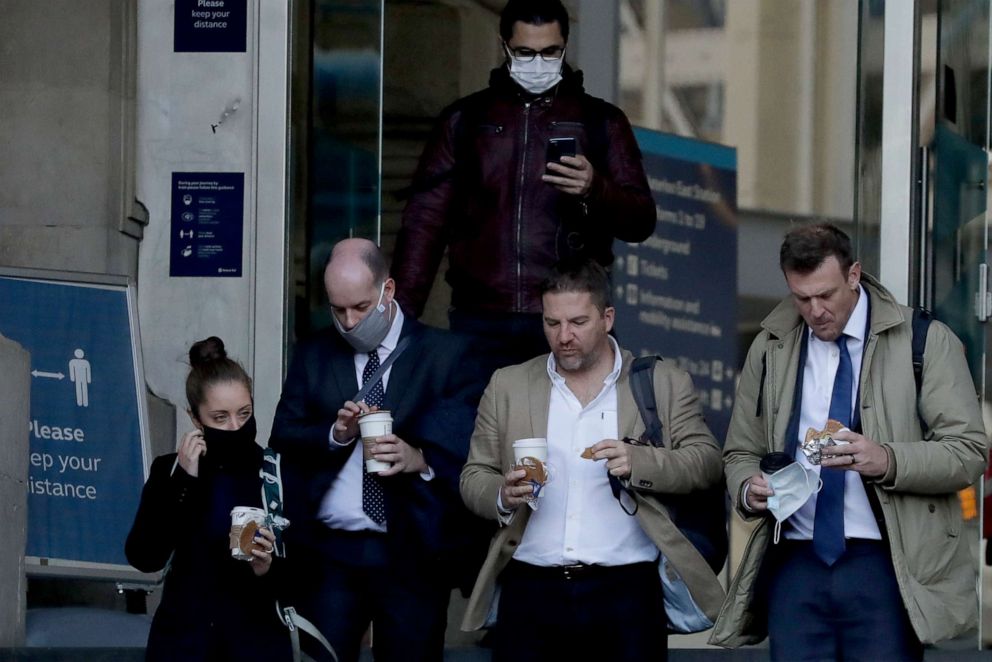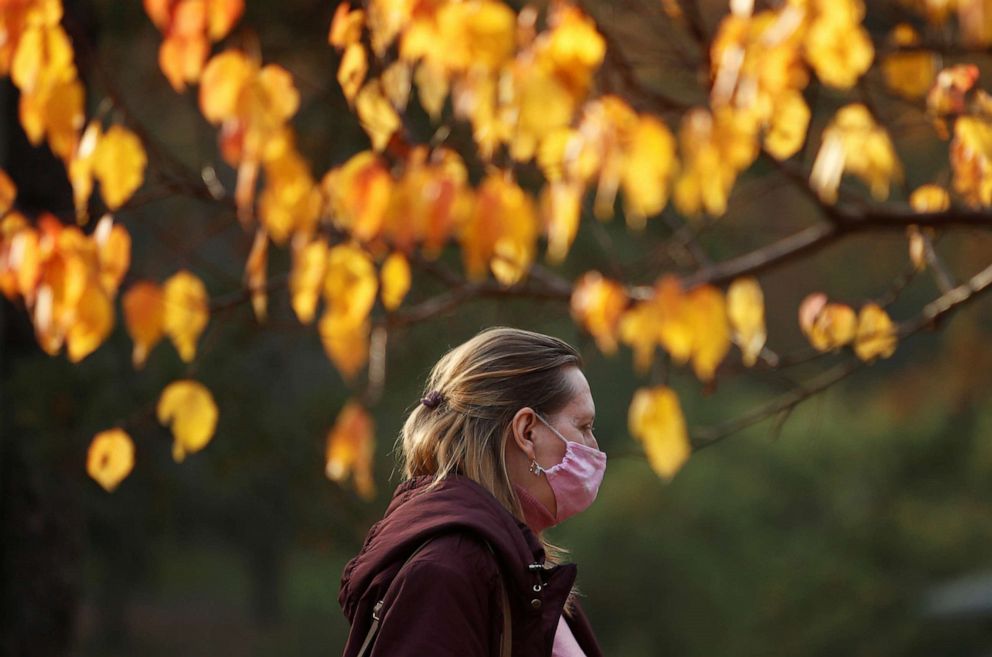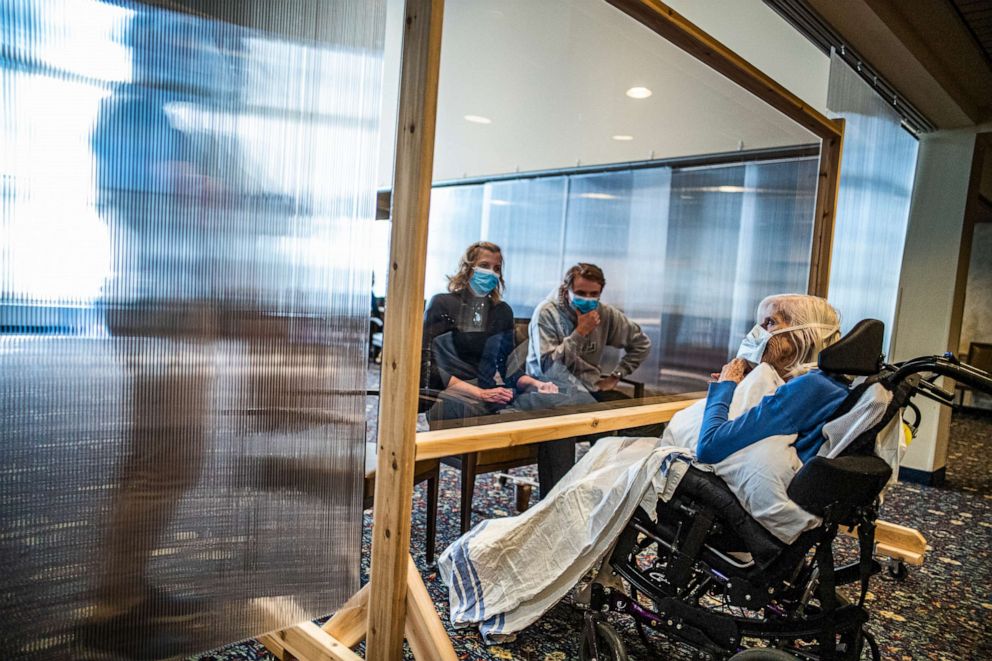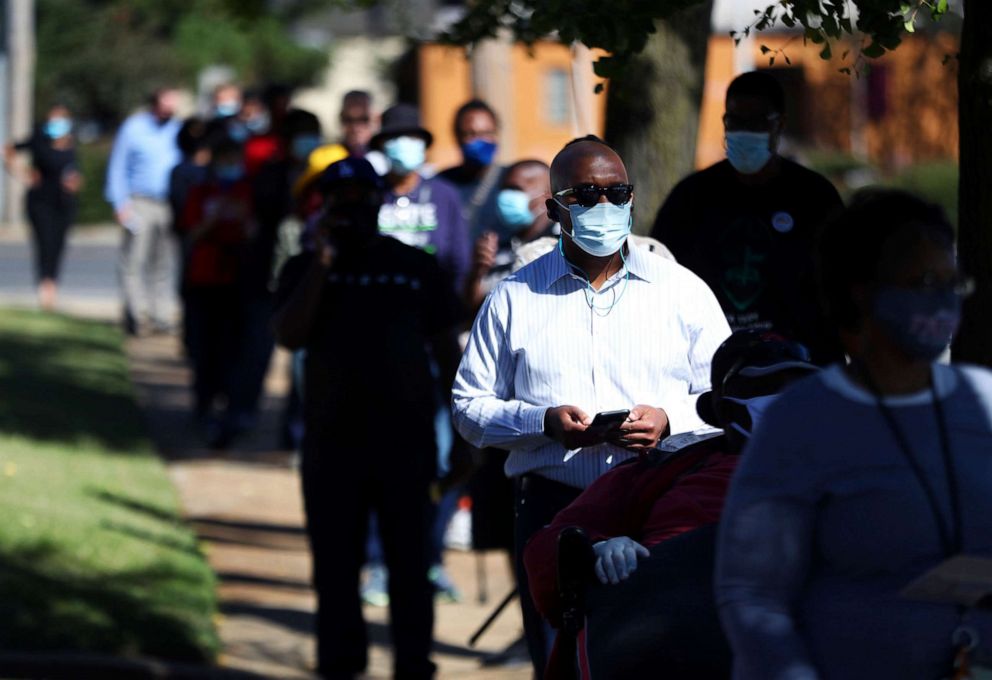Fauci calls 'herd immunity' declaration embraced by White House 'ridiculous'
A declaration by a group of scientists calling for an approach that relies on "herd immunity" to defeat the coronavirus pandemic, which has been embraced by the White House, is "ridiculous" and "total nonsense," said Dr. Anthony Fauci, the nation's top expert on infectious diseases.
"That declaration has a couple things in it that I think are fooling people, because it says things that are like apple pie and motherhood," Fauci, director of the National Institute of Allergy and Infectious Diseases and a key member of the White House coronavirus task force, told ABC News chief anchor George Stephanopoulos in an interview Thursday on "Good Morning America."
The so-called Great Barrington Declaration, which claims on its website to have been signed by more than 9,000 medical and public health scientists around the globe, opposes lockdowns and argues that authorities should allow the novel coronavirus to spread among young, healthy individuals while protecting the elderly and the vulnerable.
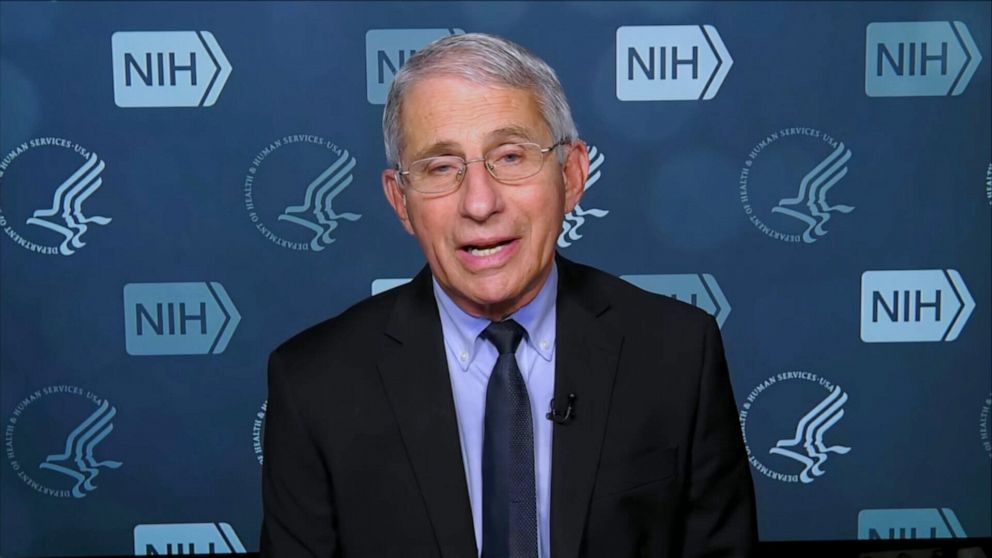
"If you just let things rip and let the infection go -- no masks, crowd, it doesn't make any difference -- that quite frankly, George, is ridiculous because what that will do is that there will be so many people in the community that you can't shelter, that you can't protect, who are going to get sick and get serious consequences," Fauci said. "So this idea that we have the power to protect the vulnerable is total nonsense, because history has shown that that's not the case. And if you talk to anybody who has any experience in epidemiology and infectious diseases, they will tell you that that is risky and you'll wind up with many more infections of vulnerable people, which will lead to hospitalizations and deaths. So I think that we just got to look that square in the eye and say it's nonsense."
During a briefing Monday, World Health Organization director-general Tedros Adhanom Ghebreyesus called herd immunity "scientifically and ethically problematic.
"Never in the history of public health has herd immunity been used as a strategy for responding to an outbreak, let alone a pandemic," Tedros said.
